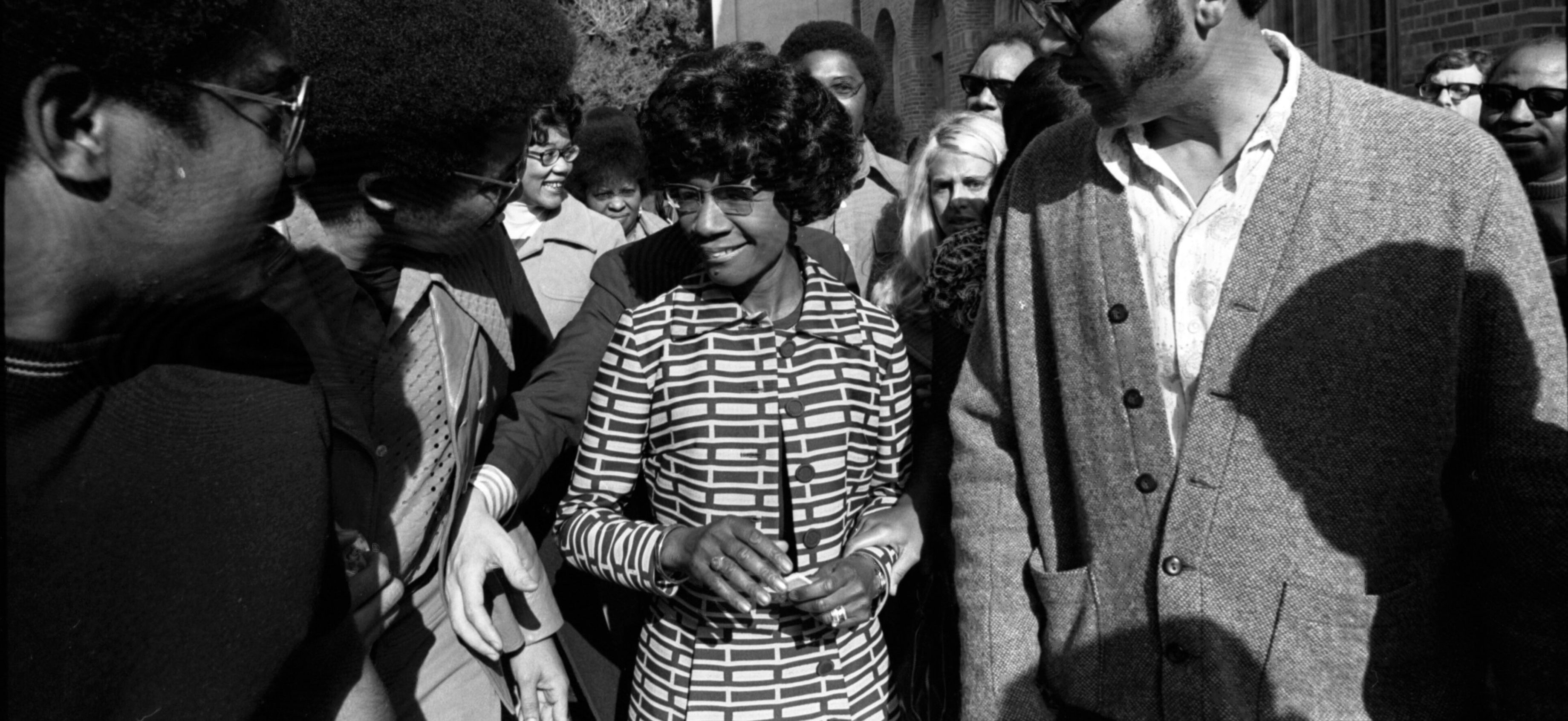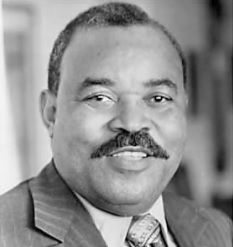Netflix’s ‘Shirley’ opens a window into the married life of Shirley Chisholm (Regina King), the first black woman elected to the United States Congress. In the biographical drama film, she shares her life with her husband Conrad Chisholm, who also serves as her photographer when she sets out to become the president of the country. Shirley’s commitment to her political career affects the couple’s marriage. Due to other engagements, Shirley is away from Conrad, which unsettles the husband. The movie ends by revealing that the couple eventually got divorced, only for Shirley to eventually marry Arthur Hardwick Jr. Even though Conrad was a supporter of Shirley, the spotlight on her wasn’t ideal for him!
Shirley’s Fame and the Troubled Marriage
Shirley Chisholm was a renowned political figure during her lifetime. She became the first black woman to be elected to the United States Congress in 1968 and around four years later, she went on to run for the Democratic Party’s presidential nomination. She became a popular figure and was surrounded by people of varying significance, only for her husband Conrad to feel unsettled. “Everything was Shirley, Shirley. The limelight was on Shirley, and this was one of the reasons why my first marriage cracked up after twenty-four years because they [the people around Shirley] put my husband in a position of becoming extremely jealous,” the politician told Camille Cosby for ‘National Visionary Leadership Project.’

According to Shirley, Conrad’s identity was reduced to the husband of the former as well. “He [Conrad] became very, very jealous, and I could understand, because no attention was being paid to him. And everything was Shirley, Shirley, Shirley this, Shirley that. And then there was, ‘He is the husband of Shirley Chisholm.’ And you can imagine what that does to a person’s ego after a while. And so that was the thing that really led to the breakup of my marriage, this business of his being jealous, and everybody—everybody catering to his wife, Shirley,” the late politician added to Camille.
Shirley and Conrad separated in 1977. However, the New York Amsterdam News revealed the troubled relationship in 1975 to the world. “Chisholm made the case that such things happened to couples, that she and Conrad were still cordial, and that the news had no bearing on her ability to do her job,” Anastasia C. Curwood wrote about the time in the biography ‘Shirley Chisholm: Champion of Black Feminist Power Politics.’ During this period, rumors also spread that the reason behind the separation was Arthur Hardwick Jr., whom Shirley married in the same year she got divorced from Conrad. “Notwithstanding Chisholm’s protestations, she had fallen, or was in the process of falling, ‘head over heels’ for Arthur Hardwick,” added Curwood.

Right after Shirley and Arthur’s wedding, the former described the ceremony as “something I have waited for a long, long time,” as per the Lexington Herald-Leader. Upon her second marriage, the politician talked about her two husbands. “You see, as the years went by I became more popular. And it seemed to me, he [Conrad] felt badly and left in the background. Although he went with me to all the functions. But he still, there was something there. And I saw it in his face, in his eyes. I, in turn, began to get a little frightened. Yeah, and we divorced. And my second husband, he was marvelous. He was really marvelous,” Shirley said in an interview, as per Curwood’s book.
Regardless of these interviews, Shirley did claim that politics didn’t cause the final breakup, as per ‘Shirley Chisholm: Champion of Black Feminist Power Politics.’ “Our marriage was deteriorating, but politics did help to escalate the problem,” she said. Shirley was the one who proposed the divorce to Conrad, who reportedly was still in love with her. Even though she got married again in no time after their separation, Conrad didn’t remarry. He lived the rest of his life as “the wonder man behind a good woman,” according to Curwood’s biography of the politician.
Read More: Shirley Tribute: Who is Ian?


You must be logged in to post a comment.